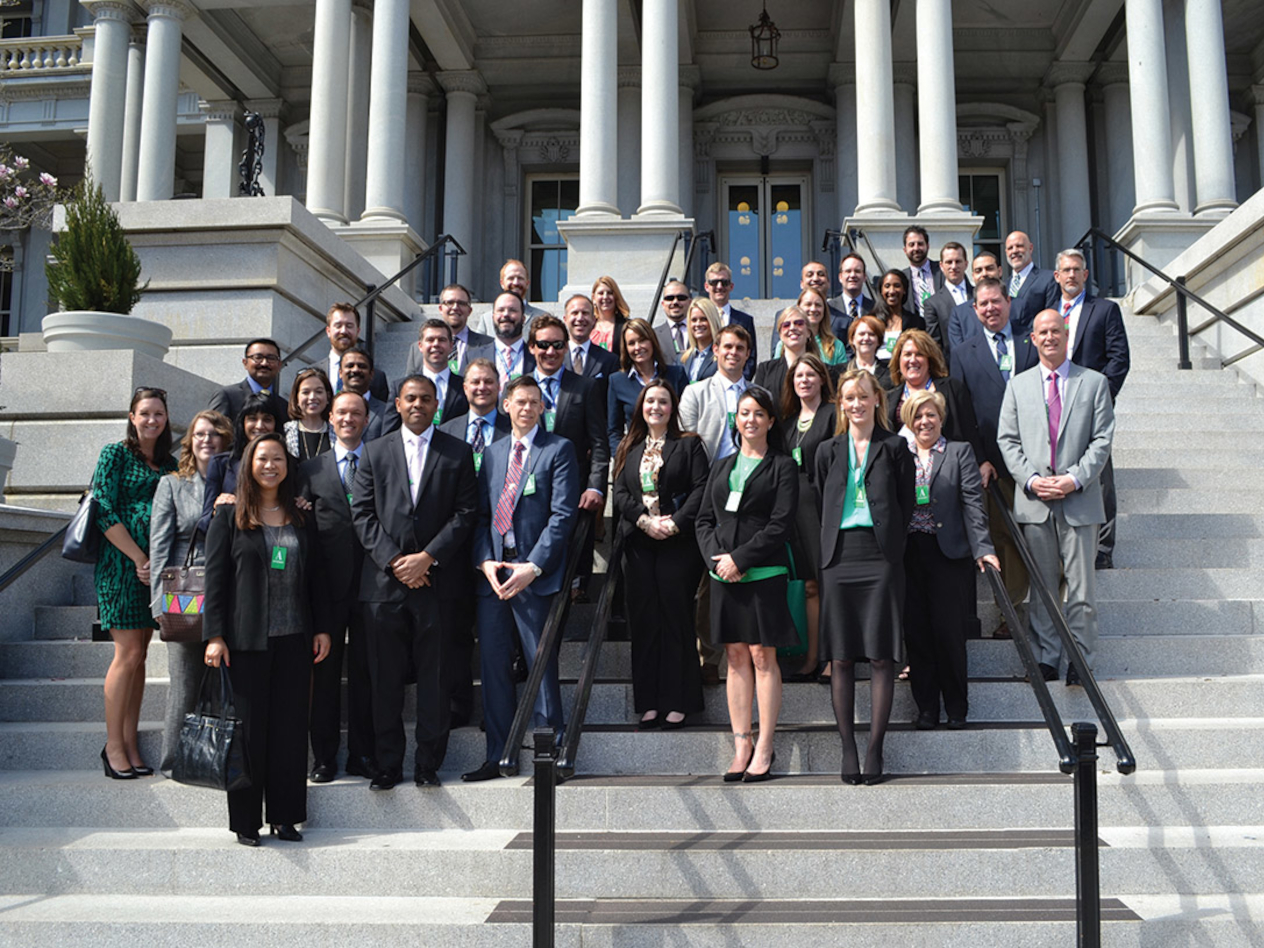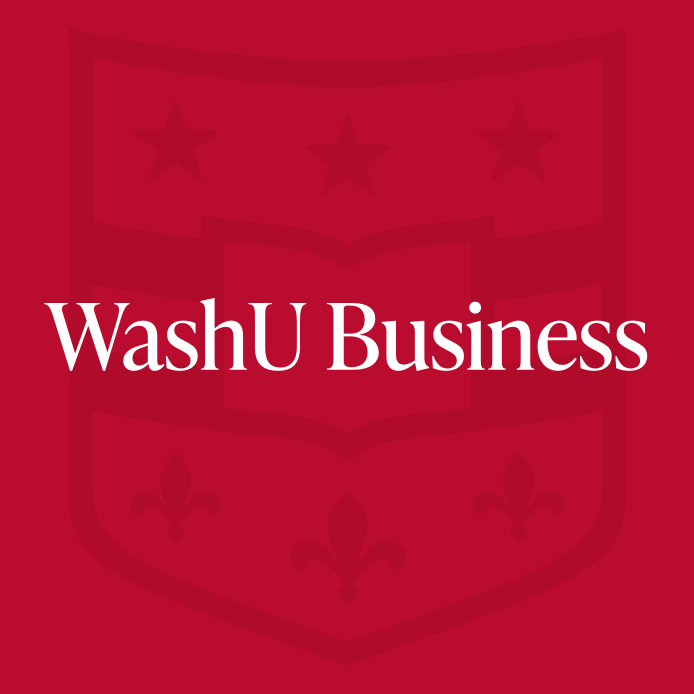How an EMBA program can fit into your busy schedule
- September 28, 2022
- By WashU Olin Business School
- 4 minute read

Everyone has a busy schedule these days. Whether it’s running kids to soccer practice, taking a full class load, or working 9 to 5, the days are full. It can feel impossible to find any extra time, but a jam-packed schedule shouldn’t cancel out a meaningful career move. It’s possible to find work-life balance and pursue your passion — especially if that passion is a life-changing degree.
This is where an Executive MBA program stands apart from the rest. An EMBA combines the benefits of an experience-based and teamwork-focused program with a schedule that works around students’ lives. Even with a lot going on, students can build the MBA leadership skills that matter most.
More flexibility, more options
If you’ve been wondering about the benefits of an Executive MBA, start by considering its flexibility. For working professionals, a traditional MBA program — typically involving two years of full-time coursework — is a tall order. An EMBA, however, is all about a flexible schedule. Once a month, students attend classes on Thursday, Friday, and Saturday. Work-life balance is possible with such a concentrated time commitment, so you can still be a working professional, a parent, a caretaker, and whatever you need your life to be, all while being a student as well.
Between classes, students have team meetings, complete take-home exams, or tackle relevant assignments. With these tasks completed outside of the classroom, students can be fully focused while sitting in class with their cohort. Simply put, a flexible program is extremely efficient for MBA skills development. You can still have a life while building the necessary skills.
Even with only three days in class a month, students can find many ways to support their success. Students have the benefit of working in a diverse cohort-based program in two teams, one for the first 10 months of the program and another for the second 10 months. There’s also plenty of one-on-one coaching time to provide individualized mentoring, so encouragement is never far away if a student is feeling lost or overwhelmed.
Those working full time won’t be asked to set aside their work duties, either. At Olin, we want to build meaningful connections between students’ places of employment and the program because an EMBA benefits employers, too. As they progress through their program, full-time working students can expect to learn new skills that can be immediately applied to their workplaces. Employers will benefit from an employee excited to deploy their new skillset to their team, and students will benefit from their employer’s support of their learning — a win-win for all.
The benefits of an EMBA are many, and they stem from one idea: With a flexible program and the support they need, students can achieve so much more.
What sets Olin apart
Students often ask themselves, “what kind of MBA is right for me?” An EMBA program that offers a curriculum with a foundation in experience and data will give students the most benefit in future careers. This is why Olin offers an experiential, values-based, data-driven curriculum.
What does this mean? We want students to get hands-on practice when it comes to weighing facts and figures in the context of principles and impact. MBA leadership skills rely on these foundational ideas so that students can become well-rounded leaders whose decisions are supported by both facts and principles. Students will leave the program understanding the role of data in decision-making, no matter the scale.
This also means a unique learning experience. An Olin EMBA combines world-class faculty, an executive cohort, personalized leadership coaching, and executive career coaching — not to mention immersive experiences, like international residencies. All of these elements emphasize personal investment and one-on-one help.
Prepared to take on the world
What can students expect after they complete their EMBAs? Whatever their interests, they’ll have the skills and experience to achieve their career goals.
It starts with the confidence that an EMBA builds. With strong personal connections built between cohorts, mentors, and professors, students naturally learn from everyone around them. The result? They quickly build confidence in their business skills and acumen. They learn how to strategize and plan for their next steps, all with the support of those closest to them.
With confidence in their new skills, students often step into leadership roles upon completing their program. Students leave prepared to lead teams and infuse them with all the new knowledge they’ve gathered. It makes sense that companies are excited to send their employees to the Olin EMBA program. They know the benefits of an EMBA will be far-reaching, from the employee to the team and to the company overall.
If you’re a full-time working student or parent asking “is an MBA right for me?,” Olin has the answer. The Olin EMBA program combines flexibility, support, real-world experience, and world-class faculty — all in just three classroom days a month. No matter how busy your life may be, the math adds up.
Pictured above: Members of WashU Olin EMBA class 47 at the US Capitol during their Washington, DC, residency in 2017.
Media inquiries
For assistance with media inquiries and to find faculty experts, please contact Washington University Marketing & Communications.
Monday–Friday, 8:30 to 5 p.m.
Sara Savat
Senior News Director, Business and Social Sciences
